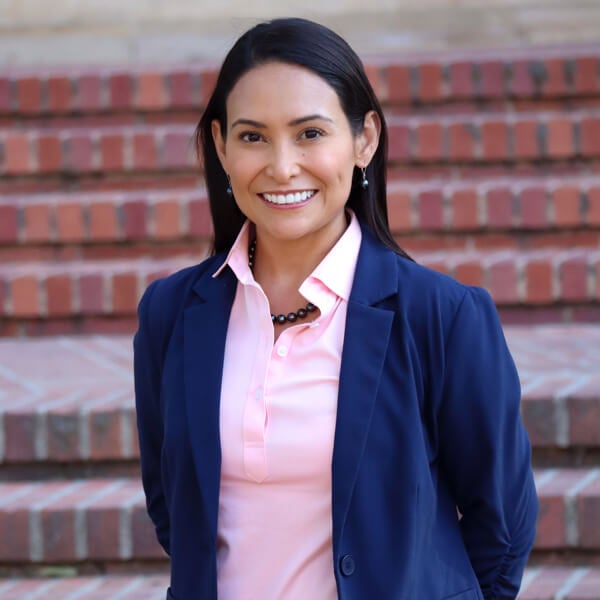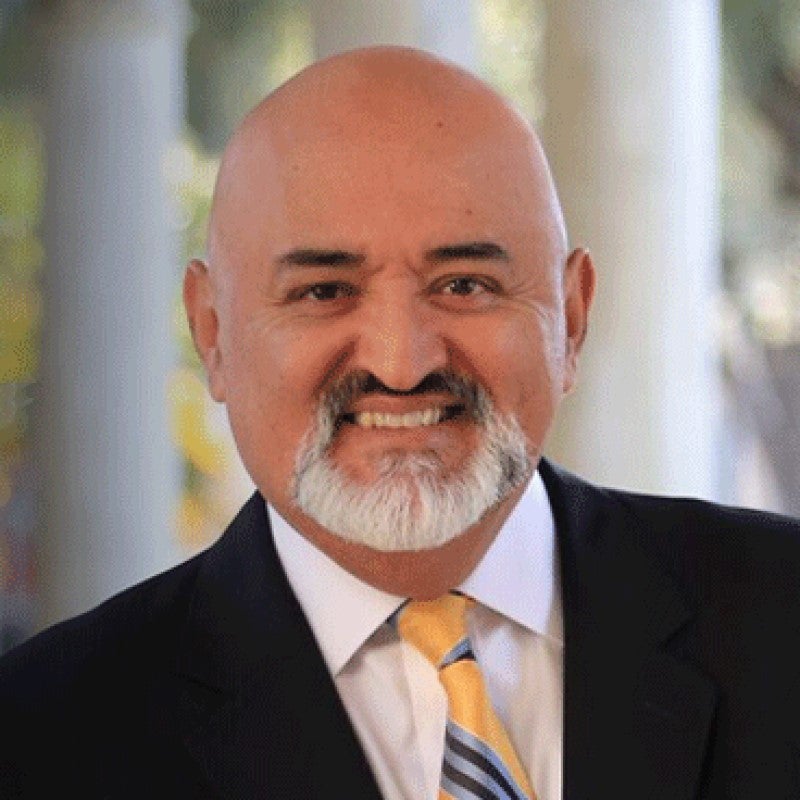programs
The Cultural Neuropsychology Program (CNP)
Overview
The Cultural Neuropsychology Program (CNP) is a training clinic providing inpatient and outpatient neuropsychological and psychodiagnostic evaluations for bilingual and monolingual Spanish-speaking and Hispanic/Latino patients across the lifespan. Patients are referred to the CNP from health professionals within the UCLAHealth system and the community at large.
Who We See
- Pediatric
- Adult
- Geriatric
Typical Referrals
- Pre-surgical epilepsy
- Tumor
- Vascular
- DBS
- Pre-surgical organ transplant
- Differential diagnosis of dementia
- Diagnostic clarification of neuropsychiatric disorders
- A range of diverse potential etiologies
Our Approach
Importantly, the CNP goes beyond trying to provide equal care for limited English proficiency patients to focus on providing equitable care, acknowledging the fact that health disparities exist and addressing these head-on. To this end, the CNP employs a comprehensive and responsive bilingual/bicultural model of neuropsychological assessment targeted toward serving the unique cultural and linguistic needs of the historically underrepresented Latina/o population, in line with the most current empirically-based best practice guidelines for culturally diverse populations.
Clinic Schedule
Monday – Friday from 9:00am to 5:00pm
Frequently Asked Questions
Why have I been referred for a neuropsychological evaluation?
Neuropsychological evaluations can help to identify possible problems with neurological or psychological functioning. Assessment can help with:
- Clarifying or determining a diagnosis.
- Defining strengths and weaknesses in your thinking skills.
- Making relevant recommendation to your healthcare providers.
- Gaining greater information of current brain function (e.g., to inform surgical plan or potential risks or benefits from surgery).
- Determine potential accommodations or modifications for personal, educational, or vocational needs.
- Documenting possible changes in functioning over time.
What can I expect during the evaluation?
Neuropsychological evaluations mostly consist of paper-and-pencil and/or computerized tests, which are administered by someone who is trained in these specific testing procedures. The tests may assess attention, memory, reasoning, problem solving, visual-spatial functions, sensory/perceptual functions, academic skills, language abilities, motor function, and emotional and behavioral functioning. The neuropsychologist will also spend time talking with you about your medical and personal history. The total time involved in your evaluation will depend upon the questions you and your doctor have. Depending on the referral questions, the assessment can range anywhere from 2-6 hours, and may be split up across several days (especially for children). You will be provided breaks during testing as needed, including a brief break for lunch.
What does neuropsychological testing measure?
A full neuropsychological evaluation measures distinct aspects of brain functioning, including reasoning skills, processing speed, working memory, language development, visual processing skills, memory, attention, concentration, executive functioning skills, and emotional/behavioral functioning.
How should I prepare for the appointment?
- Please complete your history form and send back to the clinic prior to the appointment or bring it with you on the day of the appointment.
- Please bring a copy of your current medication list and any previous neuropsychological evaluations or relevant assessments (e.g., prior psychoeducational testing).
- Bring glasses or hearing aids if you use them.
- Try to get a good night’s rest the night before your evaluation.
- Take medications as prescribed (unless you were explicitly instructed not to).
- Abstain from marijuana use for at least 6 weeks prior to the appointment.
- Please eat before the appointment and/or consider bringing snacks or water, if you would like. There is a cafeteria and other food options nearby as well.
- You may bring a caregiver, close family member, or friend with you to the appointment, if desired. Often, they can provide helpful additional information during the interview with the neuropsychologist, but we ask that they wait in the waiting room during the testing.
- Know that some tests will be easy, while others will be more complex – The most important thing is to try your best.
What will happen after the evaluation?
After the evaluation, your clinician will analyze all of the testing data and provided information and integrate it into a comprehensive report. You may be scheduled for a follow-up session 2-4 weeks from the initial appointment. During this follow-up session, your clinician will review findings and provide recommendations accordingly. They can also address any questions or concerns you may have at that time. Again, depending on the referral issue and scope of the evaluation, the report will provide a description of neuropsychological strengths and weaknesses, patterns of findings that are relevant for making diagnoses, and recommendations for further evaluation and/or treatment.
How can I obtain a copy of the neuropsychological evaluation report?
There are several ways to obtain your medical records. You may order a copy of your report via you’re myUCLAhealth account, electronically via the medical records website, or by downloading and printing the authorization for Release of Health Information form and submitting it via email, fax, or mail. Click here for more information.
What is the cost of a neuropsychological evaluation?
The cost of an evaluation will vary depending on the referral question and amount of testing that needs to be completed. An estimate will be provided to you after your insurance company has authorized the assessment and your share of the cost has been determined.
Will my insurance cover the cost of the evaluation?
Insurance plans typically cover neuropsychological evaluations needed for diagnostic clarity and medical treatment planning. Psychoeducational evaluations are not typically covered by insurance companies unless there is a clear indication of medical necessity. There is no guarantee that insurance companies will approve your evaluation.
How to refer?
TBD
Contact
For any questions regarding the CNP Clinic, please reach out to HNCEReferrals@mednet.ucla.edu or (310) 206-9326.
Meet the team

Paola A. Suarez, Ph.D.
Clinical Supervisor

Lucia Cavanaugh, Ph.D.
Clinical Supervisor

Vindia Fernandez, Ph.D.
Clinical Supervisor

Diomaris Safi, Psy.D.
Clinical Supervisor

David Lechuga, Ph.D.
Volunteer Clinical Faculty

Marcel Ponton, Ph.D.
Volunteer Clinical Faculty

Carlos Saucedo, Ph.D.
Volunteer Clinical Faculty

Lina Alvarez
Administrative Specialist/Program Coordinator

Maria (Luz) Leon-Hope
Financial Counselor